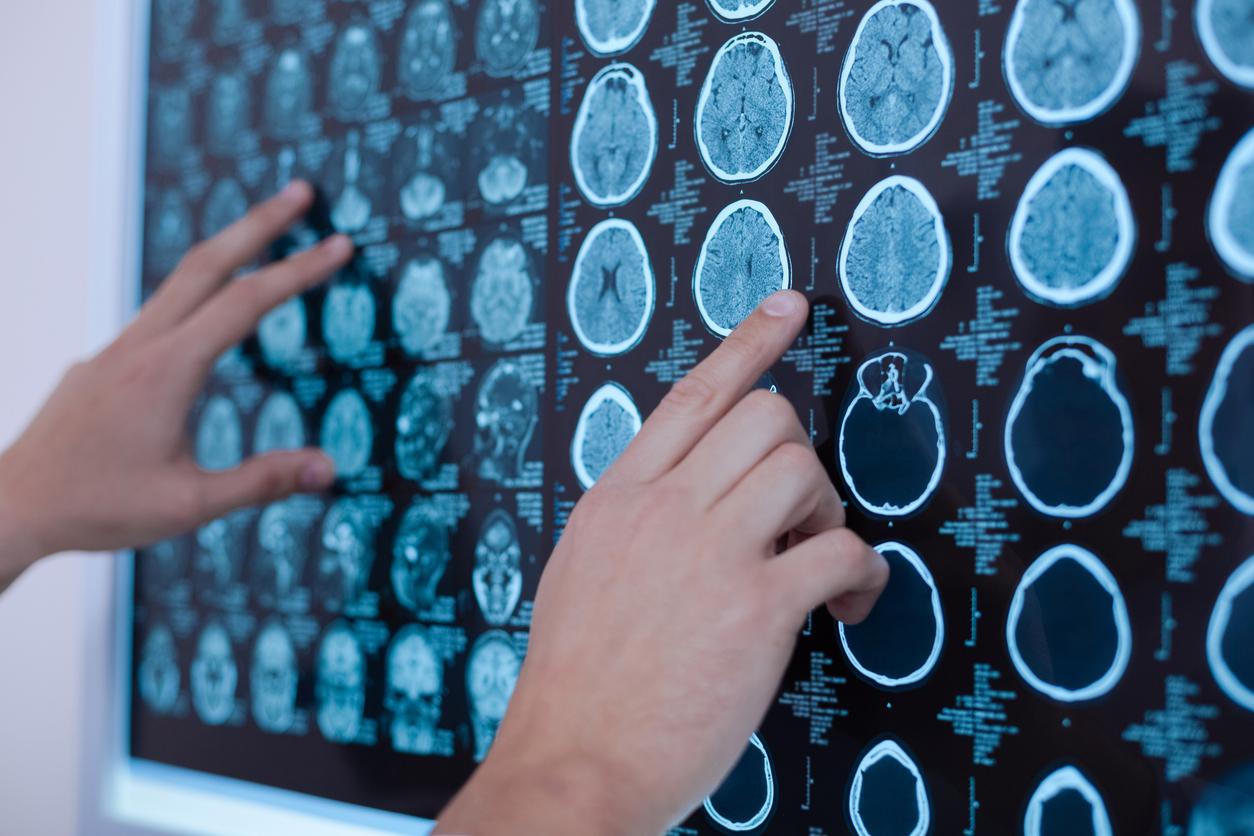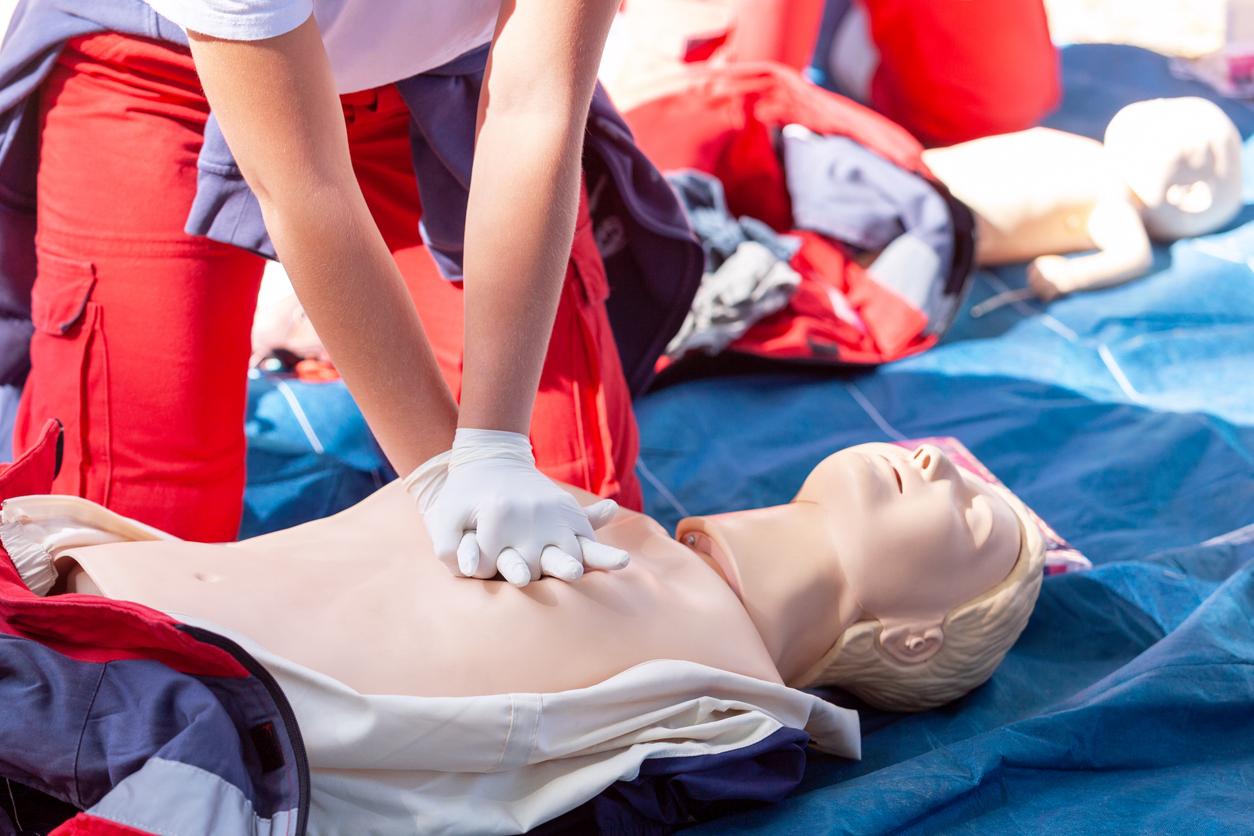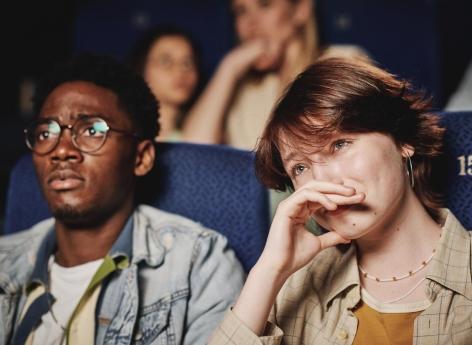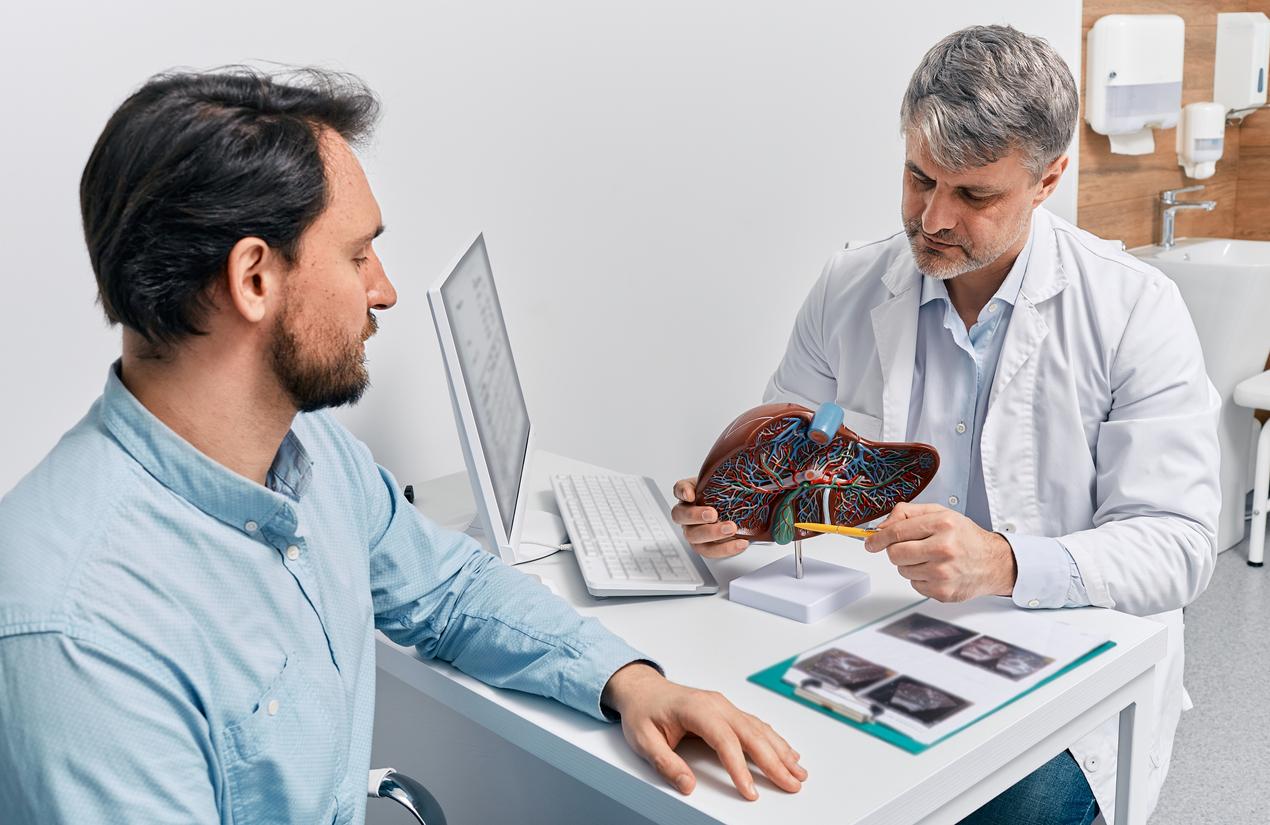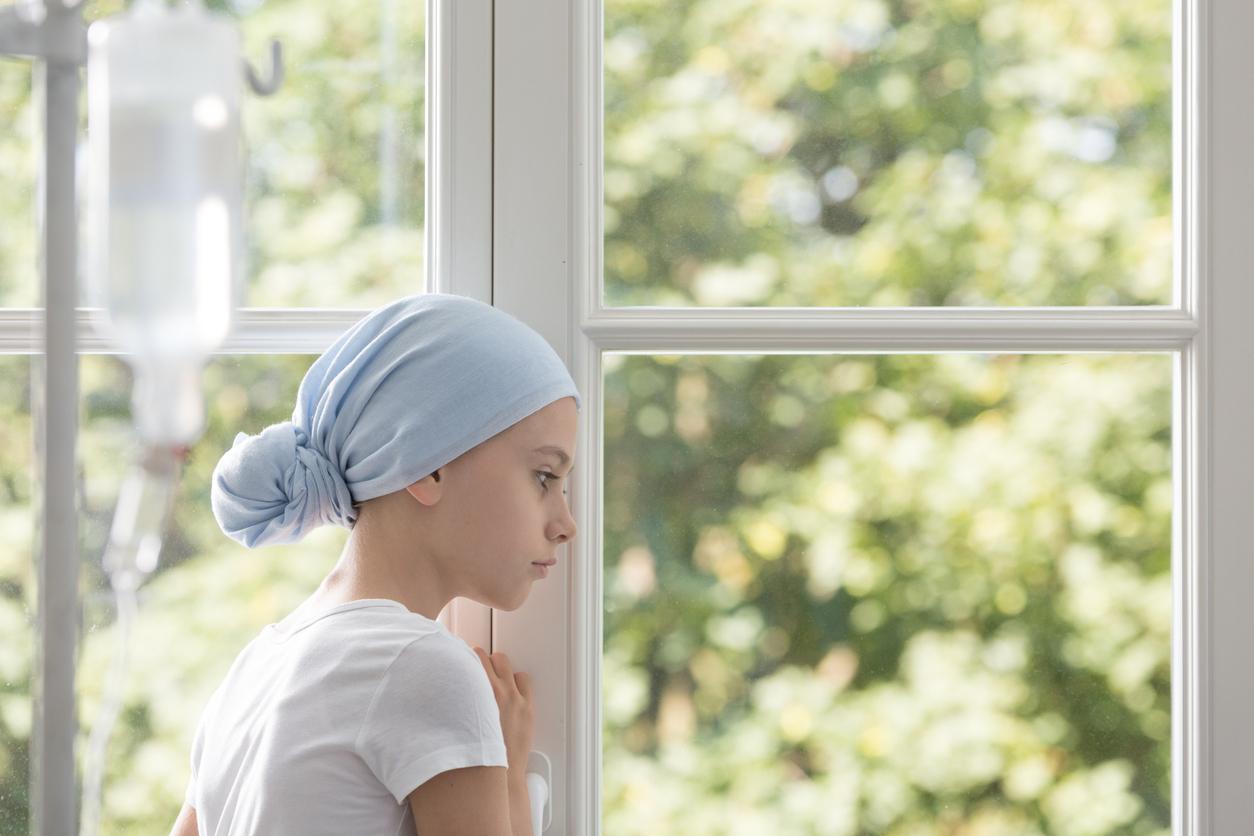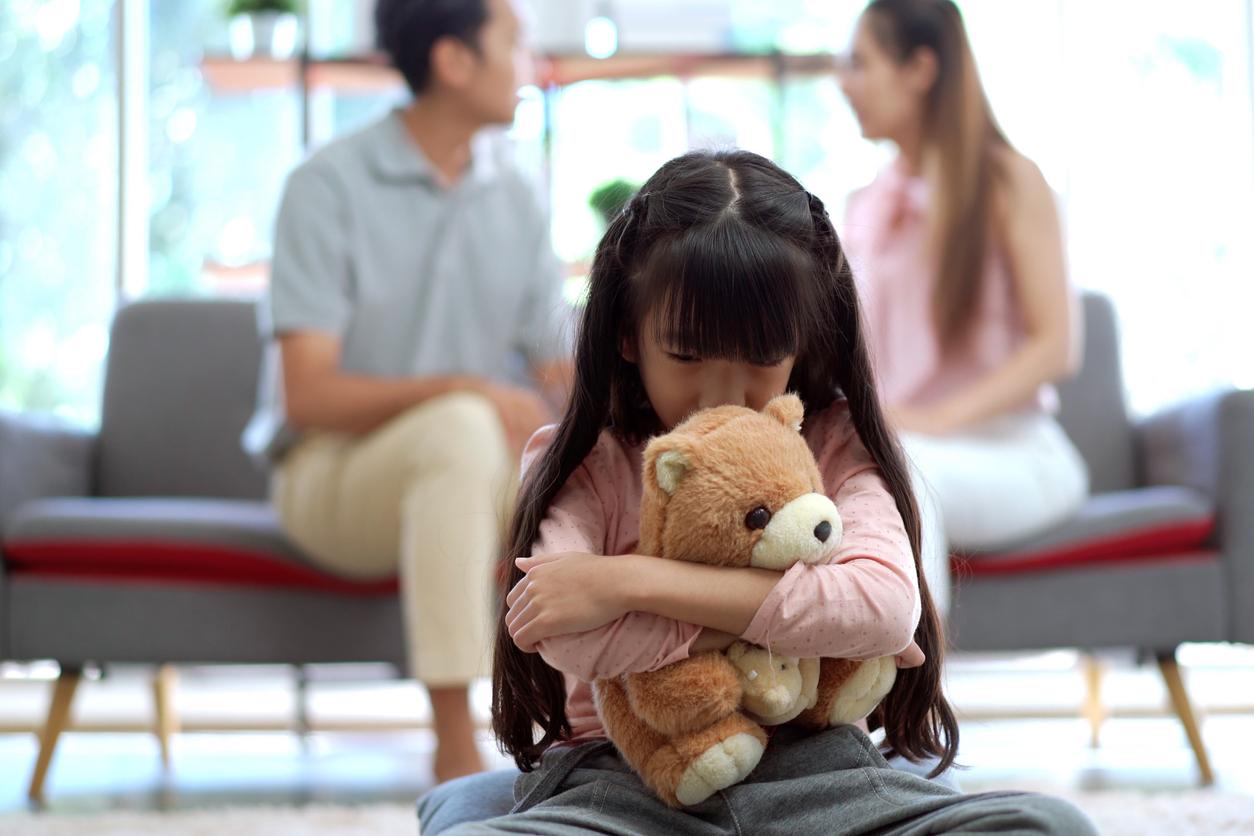The Neanderthals were not the brutes one might imagine. Peer support and wounded care were widespread and carried out with empathy, not self-interest.

Men in animal skins, dirty, brutal, with bones in their hair. This is the caricatural image we have of Neanderthals. But it was actually empathy that allowed them to survive.
They cared for their injured peers, regardless of the severity of the injury and, most importantly, selflessly. This is the result of a study carried out by British York University.
The non-exclusion of the sick and injured
Neanderthals were therefore not bullies compared to modern humans. On the contrary, the health and care of the sick or injured had their place. The treatment techniques were effective, and above all carried out without any interested ulterior motive.
“Our results show that Neanderthals were not thinking when wondering if others would do them this service in the future, they were just responding to their feelings about seeing one of them in pain,” explains Doctor Penny Spikins.
Scientists realized that the wounded and sick continued to be part of the group. Even if their faculties to participate in the tasks of daily life were greatly reduced. They were buried like everyone else with a burial.
Neanderthals are often depicted as brutish and uncaring. New research argues, though, that they had a system of socialized healthcare – helping to explain why Neanderthal fossils often show evidence of having survived serious injury. https://t.co/OEEJPAqYzB pic.twitter.com/QYXH35seGC
– Audio, Images & Text (@AudioImagesText) March 14, 2018
A long history of healthcare
“We believe that healthcare delivered with empathy and knowledge is not unique to our species, but rather has a long history with many evolutions,” concludes Dr Spikins.
In some cases, illnesses or injuries started long before death, and required specific care, such as massages, managing fever, monitoring the patient, etc.
If Neanderthals transmitted this capacity for empathy to us. It is to him that we owe our risk of developing depression and addiction. A heavier heritage to bear!
.









